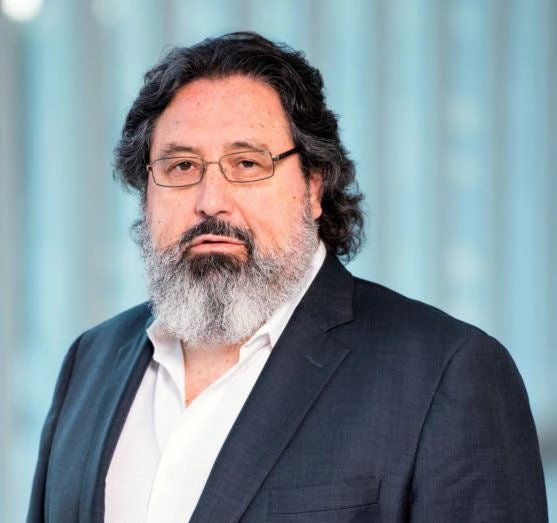My recent work in Azerbaijan convinced me that reforming medical and public health education programs is critical to revamping clinical processes and public health practices for effective prevention, diagnosis and treatment of diseases and injuries. In this small Caspian Sea country, improving physicians, nurses and public health specialists’ educational programs—which are hampered by outdated conceptual and methodological structures and practices—is starting to receive priority attention in the country’s quest to improve health system performance.
The challenge is shared globally, as different countries are struggling to sufficiently staff their health systems with well-trained, deployed, managed and motivated physicians and nurses to provide quality medical care, and competent staff to manage service delivery and carry out essential public health work such as disease surveillance.
With few exceptions, such as the 2010 Lancet commission report*, medical, nursing and public health education reform has failed to appear in the international health agenda—yet we continue to focus on employment and remuneration of existing personnel. This has to change. Why? Simply because the adoption of and adaptation to local conditions of new knowledge, country experiences and good practices help accelerate social and economic development.
The extraordinary progress in medical knowledge during the last 50 years, coupled with the introduction of new technologies, drugs and procedures, and the promise of more profound and rapid changes in the future catapulted by the “genome revolution” and evidence from different disciplines, clearly point out that medical and public health education programs cannot remain static. They need to continuously change with these developments and serve as the “conduit” for channeling new knowledge to reform medical and public health institutions and practices.
Education reform requires well planned and systematic efforts. In Azerbaijan, the Ministry of Health and the State Medical University, with the support of the Royal Society of Medicine and Barts and London Medical School, initiated the revision of the fragmented medical education curriculum by defining aims, outcomes and structure of the whole program, for each year, and for core modules. The country is also adapting new learning and training materials in the local language; introducing laboratory training (e.g., bedside teaching, using equipment) to develop the clinical skills of students; replacing oral examinations with test-based assessments to objectively measure student performance; supporting training to improve the knowledge and teaching skills of professors; and introducing a national licensing examination for recent graduates to determine who is fit to practice medicine.
Similar efforts are underway for post-graduate medical training through the introduction of residency programs for specialists. In January 2011, a mandatory accreditation process began with the standardized, computer-based testing of practicing physicians for the issuance of medical licenses. The effort to reform medical education will need to be accompanied in the future by similar reforms in nursing and public health education.
It is too early to measure the impact of the education reforms in Azerbaijan, but other countries may do well by emulating this experience. And international organizations and donors need to support this effort not only to help ensure that future physicians and nurses, as well as public health specialists, are well prepared to tend the health needs of the population, but to sustain ongoing health care organization and financing reforms.



Join the Conversation